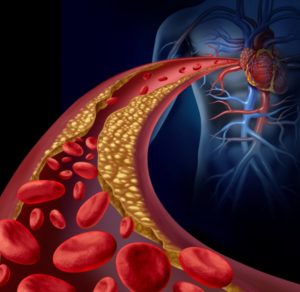Tiny Bioengineered Vessels to Examine Progeria Therapies
Biomedical engineers have developed small vessels of human blood that display many of the drug reactions and signs related with Hutchinson-Gilford Progeria Syndrome. Hutchinson-Gilford Progeria Syndrome is a very rare genetic illness that leads symptoms similar to faster aging in kids.
The technology will aid researchers and doctors screen possible cures for the illness more quickly, with the aim of ultimately making a platform for modified screening. The method also provides a new approach to learn other rare illnesses and might offer insights into curing heart disease in the aged. The study was posted online this week in the journal Scientific Reports.
“One of the drugs presently approved for this illness expands lives of the patients by 3 Months, and that has been believed a huge feat,” claimed Leigh Atchison to the media in an interview. Atchison is doctoral student at Duke University in biomedical engineering and first author of the survey. “They are seeking anything that will expand lifespan by even a couple of months. It is that overwhelming.”
Hutchinson-Gilford Progeria Syndrome, which is also referred simply as progeria for short, is a genetic non-hereditary disease resulted by a sole-point alteration in the genome. It is so deadly and so rare that there are presently only almost 250 known instance all over the globe. Progeria is activated by progerin, a defective protein, which builds up outside of a nucleus of a cell rather than turning out to be a part of its structural support network. This leads the nucleus to take on an irregular shape and restrains its capability of dividing. The resulting symptoms look much similar to faster aging, and impacted patients typically die of heart illness before the age of 14 brought on by damaged blood vessels.
“Progeria is not believed hereditary, since nobody lives sufficiently long to forward it on,” claimed the R. Eugene and Susie E. Goodson Professor of Biomedical Engineering at Duke, George Truskey, to the media. “There are presently 75 kids in clinical trials. This fact is amazing given the scarcity of the illness. But with 15 compounds below deliberation for trials, the math just eventually will not work out. You cannot try all of these drugs or several mixtures of them in humans, so we are hoping our platform will offer a substitute approach to test them.” Blood vessels are hard to reproduce since their walls have various layers of cells, comprising the media and the endothelium.

